Is American Soft Power Finished?

Is American Soft Power Finished?
Joseph Nye’s death marks the end of an era of U.S. foreign policy.
Matt Chase illustration for Foreign Policy
“Traditionally the test of a great power was its strength in war. Today, however, the definition of power is losing its emphasis on military force and conquest that marked earlier eras,” Joseph Nye, the distinguished scholar of international relations, wrote in a 1990 Foreign Policy essay that introduced the world to the idea of “soft power.”
Nye, who died at 88 last week, championed this form of power—or the ability to change other nations’ behavior through attraction and persuasion—throughout his career. He believed that the United States had unique ideological, cultural, and institutional resources that would allow it to lead a post-Cold War era. As recently as last fall, he wrote an article in FP urging the next U.S. president not to neglect this crucial asset.
“Traditionally the test of a great power was its strength in war. Today, however, the definition of power is losing its emphasis on military force and conquest that marked earlier eras,” Joseph Nye, the distinguished scholar of international relations, wrote in a 1990 Foreign Policy essay that introduced the world to the idea of “soft power.”
Nye, who died at 88 last week, championed this form of power—or the ability to change other nations’ behavior through attraction and persuasion—throughout his career. He believed that the United States had unique ideological, cultural, and institutional resources that would allow it to lead a post-Cold War era. As recently as last fall, he wrote an article in FP urging the next U.S. president not to neglect this crucial asset.
Yet, as Suzanne Nossel writes in an essay on his life and work, “the foundations of the belief system that Nye helped construct have corroded beyond repair.” In today’s world, U.S. soft power is no longer a given. This edition of the Reading List considers Nye’s legacy, features some of his work in FP, and explores how U.S. soft power is changing.
Joseph Nye speaks during an interview at Harvard University on Oct. 15, 2018. Alamy
Joseph Nye Was the Champion of a World That No Longer Exists
The distinguished scholar, who coined “soft power,” shaped five decades of U.S. foreign policy, Suzanne Nossel writes.
Foreign Policy
Soft Power
Joseph S. Nye Jr. explains a key power resource in this essay from 1990.
Nye (left) alongside then-Harvard University President Lawrence Summers and former U.S. President Bill Clinton during a speech by Clinton to Harvard students in Cambridge, Massachusetts, on Nov. 19, 2001. Darren McCollester/Getty Images
Invest in Soft Power
When you are attractive, you can economize on sticks and carrots, Joseph S. Nye Jr. writes.
Examples of soft power around the world, including (clockwise from right) a panda, a dancer from the Bollywood movie “Monsoon Wedding,” a NAFO Shiba Inu avatar, the K-pop group BTS, and Olympic sprinter Jesse Owens.Foreign Policy illustration/Getty Images, Alamy, and NAFO photos
Soft Power Is Making a Hard Return
Leaders are reaching for fellas and films as much as bullets and blockades, J. Alex Tarquinio writes.
An image from the opening scenes of 3 Body Problem. Netflix
America’s New Expression of Soft Power
Shogun and 3 Body Problem show U.S. pop culture can thrive without putting Westerners front and center, FP’s Howard W. French writes.
Chloe Hadavas is a senior editor at Foreign Policy. Bluesky: @hadavas.bsky.social X: @Hadavas
More from Foreign Policy
-

Eight people dressed in camouflage military combat uniforms wade across a river, the water up to their waists. The soldiers carry large backpacks along with their rifles. Snowcapped mountains and a thick forest of evergreen trees loom in the distance. Get Ready for the Aleutian Island Crisis
As conflict heats up in the Arctic, foreign adversaries eye Alaskan territory.
-

U.S. President Donald Trump speaks to reporters before boarding Air Force One at Morristown Municipal Airport in Morristown, New Jersey, on April 27. Trump’s First 100 Days Reveal a ‘Strongman’s’ Unprecedented Weakness
No U.S. president has ever surrendered global power so quickly.
-

An elderly man and woman sit on the ground, the man on his knees as he sorts through something on the ground. Behind him are a rusted cart and bicycle in front of a paint-smeared concrete wall and a battered corrugated metal sign with the words USAID: From the American people” on it. What Trump’s New Budget Says About U.S. Foreign Policy
The president wants to significantly pull back on many of America’s traditional global engagements while spending more on the border and defense.
-

U.S. President Donald Trump listens to Secretary of State Marco Rubio at a cabinet meeting in the White House in Washington, D.C. Rubio’s Reorganization Plan Is a Wrecking Ball
The State Department revamp goes far beyond streamlining—it will devalue human rights and strip away critical expertise.
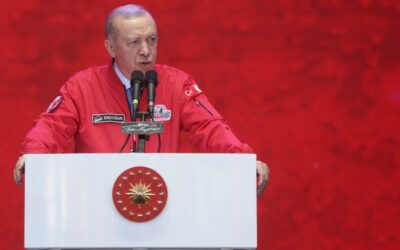
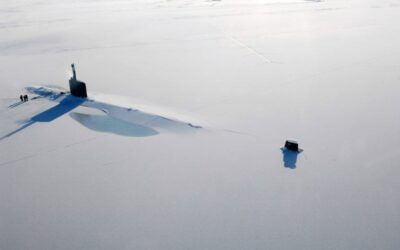






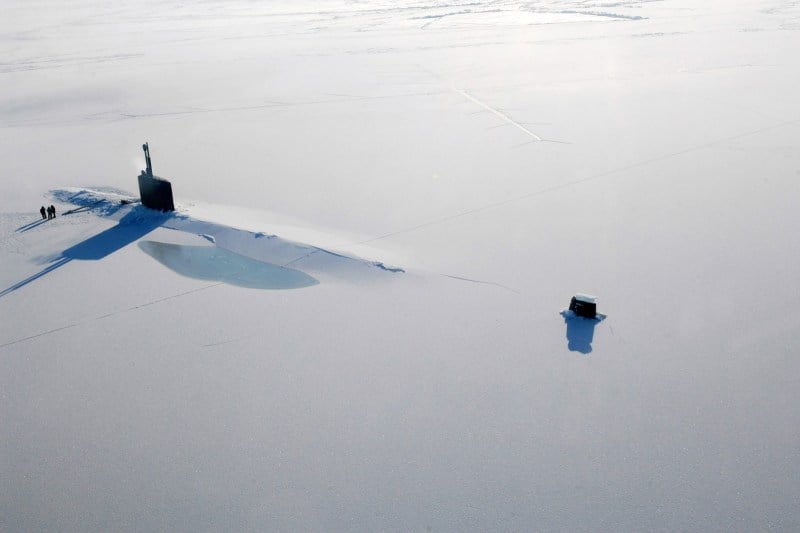
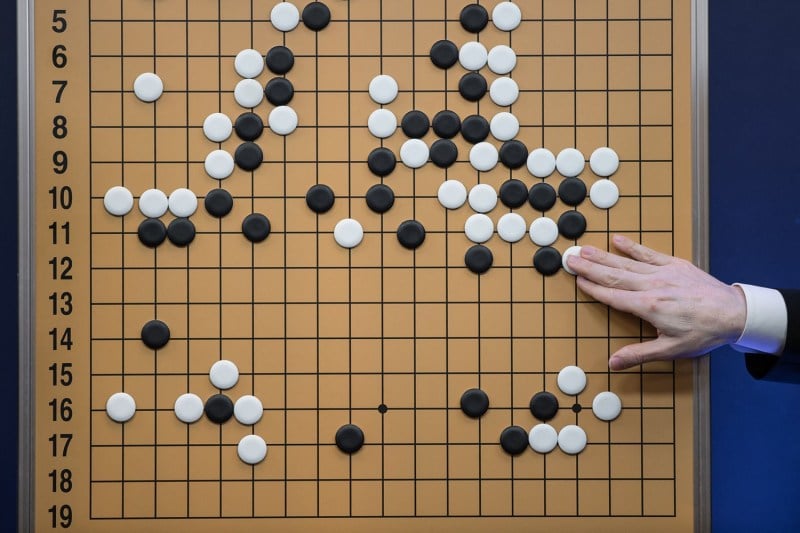
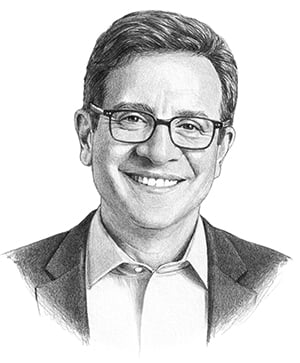

Join the Conversation
Commenting on this and other recent articles is just one benefit of a Foreign Policy subscription.
Already a subscriber?
.
Subscribe
Subscribe
View Comments
Join the Conversation
Join the conversation on this and other recent Foreign Policy articles when you subscribe now.
Subscribe
Subscribe
Not your account?
View Comments
Join the Conversation
Please follow our comment guidelines, stay on topic, and be civil, courteous, and respectful of others’ beliefs.
Change your username |
Log out
Change your username:
CANCEL
Confirm your username to get started.
The default username below has been generated using the first name and last initial on your FP subscriber account. Usernames may be updated at any time and must not contain inappropriate or offensive language.